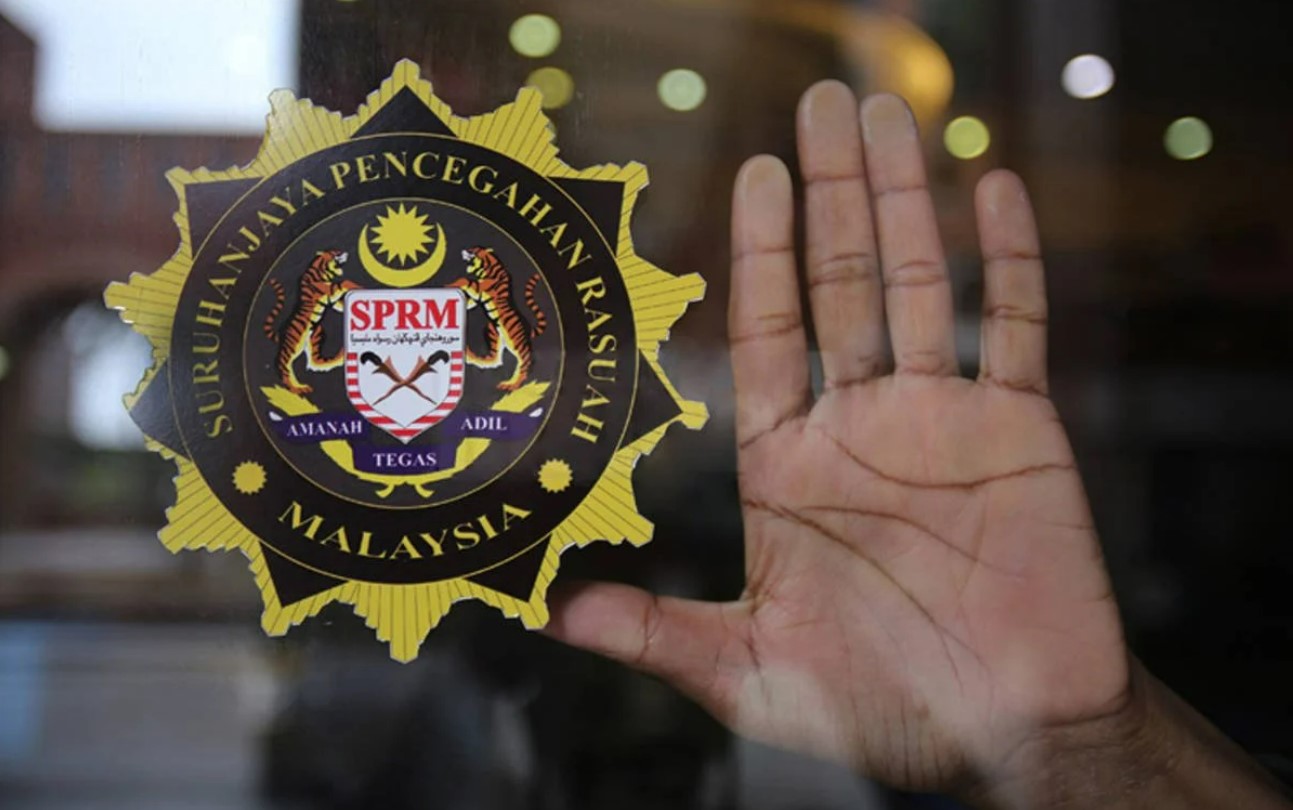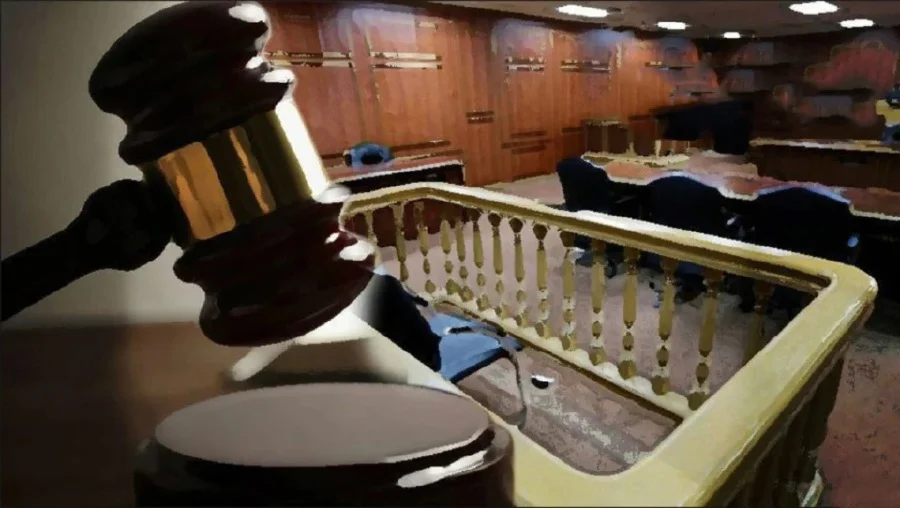IT IS well known that Malaysia’s position in the Corruption Perceptions Index (CPI) still has room for improvement. In the 2024 CPI, Malaysia scored 50 points and ranked 57th out of 180 countries, unchanged from 2023.
Various national-level efforts are underway to enhance Malaysia’s CPI performance. In fact, the government has established a Special Task Force on the CPI, led by the Chief Secretary to the Government, Tan Sri Shamsul Azri Abu Bakar.
Although corruption remains a serious issue, this does not mean that Malaysia lacks commitment in combating the crime.
In truth, Malaysia’s anti-corruption efforts are comprehensive. The country has a robust legal framework, effective agencies, and various initiatives to enhance integrity, governance, and corruption prevention.
Malaysia’s efforts have even gained international recognition, particularly for its compliance with the United Nations Convention Against Corruption (UNCAC).
Malaysia’s Involvement in UNCAC
UNCAC is an international convention under the United Nations Office on Drugs and Crime (UNODC), mandating member countries to implement comprehensive anti-corruption measures. It is a legally binding agreement adopted by the United Nations.
To date, UNCAC has 191 member states. Malaysia signed UNCAC on Dec 9, 2003 and ratified it on Sept 24, 2008.
UNCAC compliance assessments do not involve any ratings or rankings. Instead, they aim to assist member countries in fulfilling the Convention’s requirements.
Malaysia has undergone two rounds of UNCAC compliance reviews.
The first, between 2012 and 2013, evaluated compliance with Chapter 3: Criminalisation and Law Enforcement, and Chapter 4: International Cooperation. UNODC recognised eight best practices for Chapter 3 and fifteen for Chapter 4.
The second review, conducted from 2016 to 2017, evaluated Chapter 2: Preventive Measures and Chapter 5: Asset Recovery. UNODC acknowledged nine best practices in Chapter 2 and six in Chapter 5.
When UNODC recognises a country’s initiative as a best practice, it is a matter of pride. These practices are published on the official UNODC website for reference and emulation by other UNCAC member states.

10 Malaysian best practices
This article outlines ten key best practices from Malaysia that have been recognised by UNODC.
Mandatory reporting of corruption under Section 25, MACC Act 2009: This section requires individuals to report any corruption-related transaction or attempt. Failure to do so is a criminal offence, punishable by up to 10 years’ imprisonment, a fine up to RM100,000, or both.
For instance, on Dec 2, 2020, five ministry staff were fined between RM1,500 and RM2,000 for failing to report bribe offers ranging from RM200 to RM600 intended to expedite Finance Ministry account applications via the e-Procurement system.
In the same legal context, UNODC also recognised the absence of a statute of limitations on corruption crimes in Malaysia, allowing prosecution regardless of time passed.
Establishment of Integrity Units (IU) in government and government-linked companies (GLCs): These units are tailored based on corruption risk ratings conducted by MACC, categorised as high, moderate, or low.
IUs serve as focal points in managing integrity, corruption prevention, and promoting good governance. So far, 455 public agencies have set up IUs, and 292 have appointed Integrity Liaison Officers.
In GLCs, IUs are called Integrity and Governance Units (IGUs), with 262 GLCs having established them and 505 appointing liaison officers.
MACC officers are also seconded to high- and moderate-risk agencies. In total, 97 MACC officers have been deployed across 57 organisations.
Oversight of MACC by five independent bodies: These include the Special Committee on Corruption (JKMR), Anti-Corruption Advisory Board (LPPR), Complaints Committee (JKA), Operations Review Panel (PPO), and Consultation and Corruption Prevention Panel (PPPR).
As part of Chapter 3’s evaluation, UNODC recognised PPO’s role in reviewing cases where the Public Prosecutor has decided not to proceed and making recommendations without interfering with prosecutorial discretion.
Consistent with transparency principles, UNODC also acknowledged the publication of annual reports by these panels and committees as a best practice.
Establishment of special corruption courts: Since 2011 judges are directed to conclude cases within a year. They are held accountable if they fail to meet this time-frame or do not take initiative to reduce case backlogs through pre-trial conferences or plea negotiations.

Domestic and international cooperation: Domestically, the National Coordination Committee to Counter Money Laundering (NCC) was formed in April 2000, involving 17 agencies/ministries.
The NCC coordinates policy and strategy on anti-money laundering and counter-terrorism financing, including investigations and prosecutions involving multiple enforcement agencies.
UNODC also acknowledged Malaysia’s bilateral and multilateral agreements with international organisations in anti-corruption efforts.
Collaboration with the private sector: Large companies have appointed integrity officers and adopted “no-gift” policies. MACC provides training and seconds officers to these firms.
UNODC recognised the Corporate Directors Leadership and Integrity (CDLI) course aimed at equipping public officers appointed to GLC boards with good governance knowledge.
Recently, the government introduced tax incentives to encourage corporate participation in anti-corruption efforts. These include special tax deductions for anti-corruption education, development of Organisational Anti-Corruption Plans (OACP), and ISO certifications, including MS ISO 37001: Anti-Bribery Management System (ABMS).
Implementation of the Integrity Pact (IP) and ‘MyProcurement’ system: IP requires bidders or consultants to declare they will not offer or give bribes in government procurement processes, as stipulated in the Treasury Circular dated April 1, 2010.
IP is enforced during the submission of tenders, return of Letters of Acceptance, and signing of procurement contracts. MyProcurement serves as a central information portal for government procurement, allowing public access to announcements and results of quotations and tenders.
Recognition of the Malaysian Anti-Corruption Academy (MACA): UNODC acknowledged MACA as an international training centre due to its role in training anti-corruption and law enforcement officers from foreign agencies.
Corruption Surveys: Surveys assesses not only perception but actual incidences of corruption within the public sector, private sector, and general public.
From 2023 to 2025, MACC, the Department of Statistics Malaysia, and Universiti Kebangsaan Malaysia (UKM) are conducting the Malaysia Corruption Study (MaCoS) which is a large-scale, evidence-based research initiative.
Legal and procedural framework for asset recovery: Malaysia’s legal provisions and SOPs for asset recovery were also acknowledged, including financial intelligence sharing, assistance in asset tracing, ongoing negotiations with requesting countries, and returning assets to bona fide third parties.
The clearest proof of the effectiveness of Malaysia’s framework is the recovery of assets from the 1Malaysia Development Berhad (1MDB) scandal. To date, RM29.8 bil has been recovered with about 70% of the estimated RM42 bil misappropriated. ‒ July 31, 2025
Mohamad Tarmize Abdul Manaf is the Malaysian Anti-Corruption Commission (MACC) director (Monitoring and Coordination Division).
The views expressed are solely of the author and do not necessarily reflect those of Focus Malaysia.
Main image: Harian Metro




